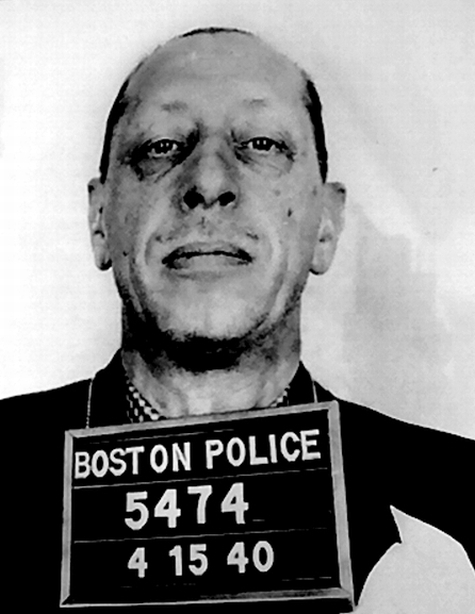|
runner -> The Day the (Classical) Music Died (Aug. 30 2015 20:02:31)
|
The preceding discussion that began with the question about old music clogging the way for newer classical/serious music, got me to thinking about when I reached my own limits as to what I chose to listen to. So I looked over my preferences to check for latest dates of composition/publication of larger orchestral pieces I enjoy hearing repeatedly, looking for clues. I found that, for me, the music mostly died in the 15 years between 1942 and 1957. 1942 saw Martinu's Symphony No. 1, his best in my opinion, as all the following symphonies of his I found to be mediocre rehashes of that first marvelous effort. 1942-45 brought Bartok's great Concerto for Orchestra; the Bartok Piano Concerto No. 3 also in 1945. We then skip to 1951-52 for the Prokofiev Symphony No. 7, to 1955 for Martinu's The Frescoes of Piero Della Francesca, and finally to 1957 for the Shostakovich Piano Concert No.2. It ends there.
All the above works are resolutely melodic, tonal, with little dissonance; I hold that Bela Bartok in his major orchestral works such as the Music for Strings, Percussion and Celeste, the Divertimento, and the Concerto for Orchestra, and the three piano concertos, went about as far as sustainable, paying audiences for classical/serious music would accompany him. The subsequent history of serialism and aleatoric musics strongly validates that idea, as nobody (relatively speaking) ever pays money to hear such musics. Classical/serious music, if it is to survive the aging and death of its audience, must find new ways of expression and maybe consider a brand-new name. Some, like myself, have suggested that as flamenco "evolves", it needs to be called by a brand-new name (I think Donn Pohren would have agreed); maybe it's time for classical music to consider the same thing. I remember a Yanni concert on PBS being announced as "the new sound of classical music". I prefer the old sound.
|
|
|
|

